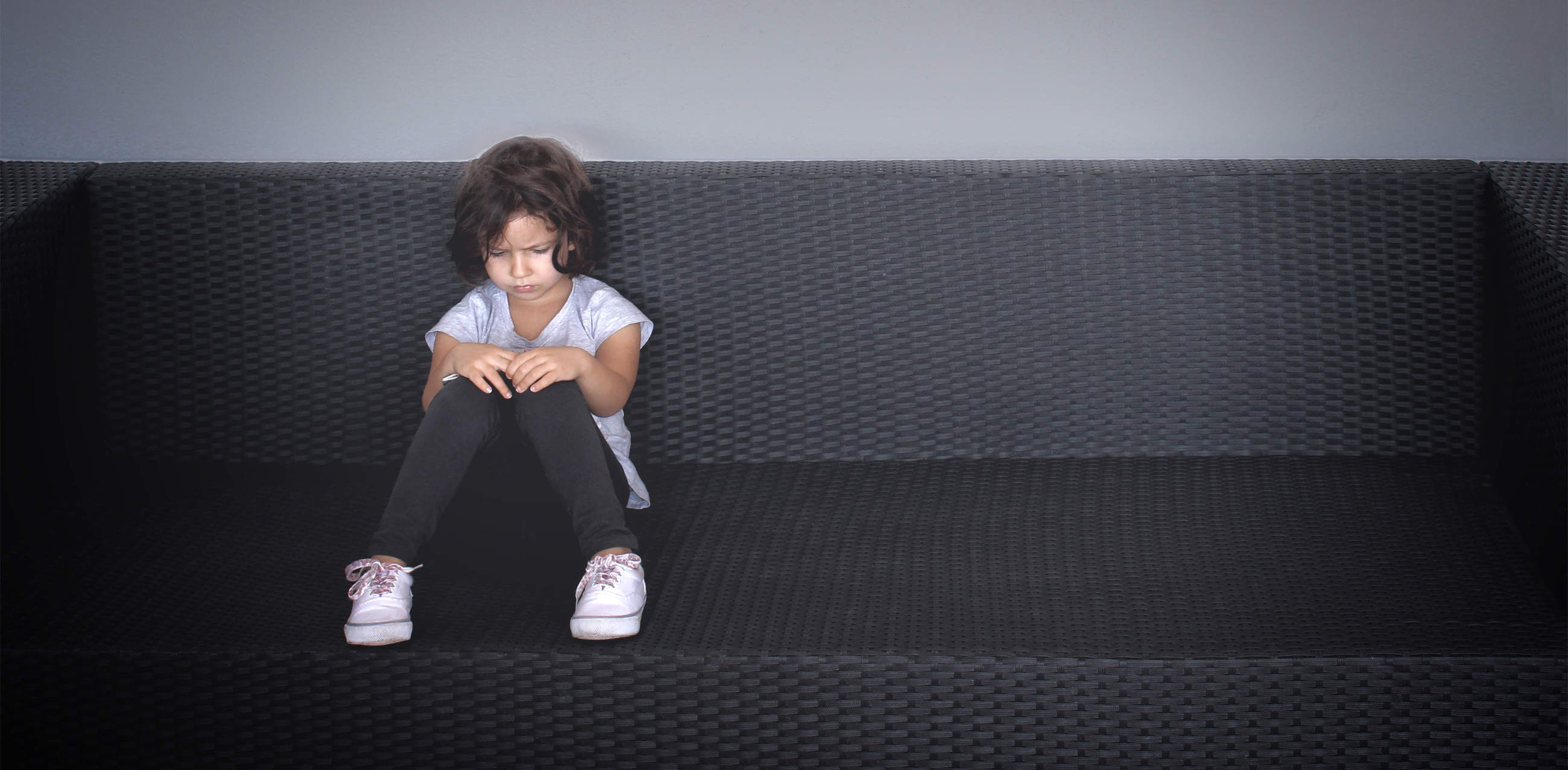
05 Jun Children who feel little value about themselves
Many young people may be dealing with, on a daily basis, feelings of unworthiness and a lack of personal value. This factor could be influenced by external issues such as early year’s experiences, the quality of relationships in the young person’s life or within child issues such as temperament and personality, but can also usually be a little bit of all. Most children who feel things most deeply are those who are in fact the most sensitive and so not only hurt the easiest, but also struggle to bounce back from difficult life events due to the complex connection between resilience and self-esteem. Regardless of the reasons, we as educationalists and active adults in each young person’s life have a role to play in adding some currency to each pupil and in turn, improving their sense of wellbeing and worth.
Little actions that can help in a big way!
- Improving the value of a young person takes time
- Every smile, positive comment, engaging conversation, listening if they are upset, comforting gesture if you know they seem unhappy, even just asking “How are you today”, second of forgiveness even if the last lesson was a nightmare, gives these young people a currency which fosters feelings of worth
- We have all felt saddened when a young person shows total refusal to stop behaviour when asked but then someone else can ask and they do it straight away! The words exchanged are about 5% of the action; the quality of interactions prior to this event is the other 95%. A child who feels little about themselves will not want to let you down as you make them feel different, make them feel ok and that means the world.
- Praise must be specific, saying “that is good” does not register as they do not usually feel good at or about anything. By being specific i.e. “I really like the way that you have……”, the young person is less likely to reject this praise and you
- Children who feel like this need a third more! A third more praise, recognition, patience, understanding, compassion as this extra part is the only bit they register as positive
- Try it and see. Set yourself a personal challenge to engage with the difficult children in your lives, even if you act it at the beginning, the results for you will make it worthwhile over time. Win win!
Next time: Understanding the teenage brain.


